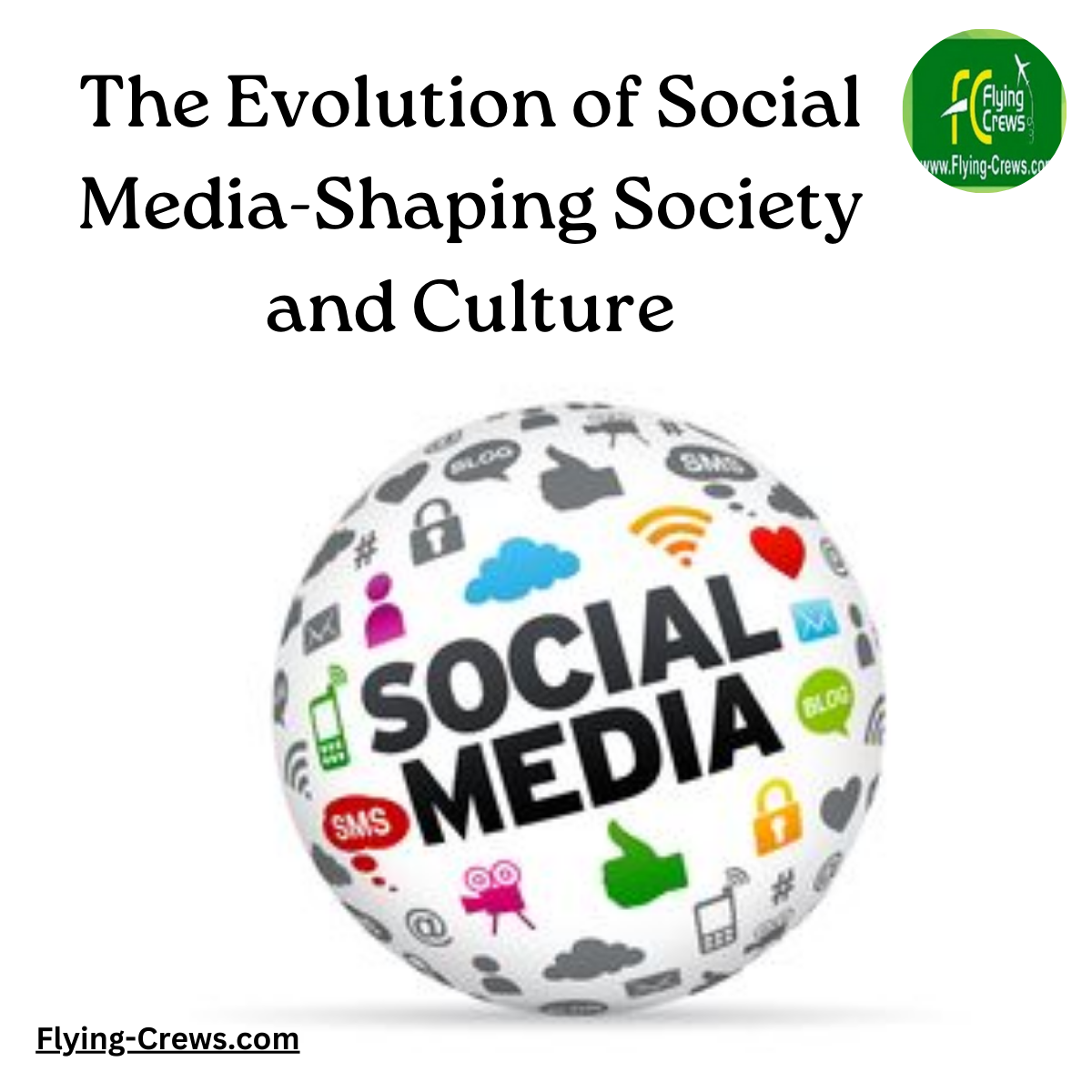
In the last two decades, social media has undergone a remarkable evolution, transforming from simple networking platforms into powerful tools that shape society and culture in profound ways. From connecting friends and family to influencing politics and driving cultural trends, the impact of social media cannot be overstated. This article explores the trajectory of social media, from its humble beginnings to its current role as a central force in shaping the fabric of modern society.
The Early Days- Connecting People Online
The roots of social media can be traced back to the late 1990s and early 2000s, with the emergence of platforms like Six Degrees, Friendster, and MySpace. These early platforms focused primarily on connecting individuals online, allowing users to create profiles, share personal information, and interact with others in their network. While rudimentary by today's standards, these platforms laid the groundwork for the social media revolution to come.
The Rise of Facebook and Twitter- From Networking to Engagement
The early 2000s saw the rise of two platforms that would come to define the social media landscape: Facebook and Twitter. Facebook, launched in 2004, quickly became the dominant player in the space, offering users a more sophisticated and interactive experience than its predecessors. With features like the News Feed and the ability to like and comment on posts, Facebook transformed social media from a mere networking tool into a platform for engagement and expression.
Meanwhile, Twitter, founded in 2006, introduced the concept of microblogging, allowing users to share short, real-time updates with their followers. With its emphasis on brevity and immediacy, Twitter became a powerful tool for sharing news, opinions, and cultural commentary, shaping public discourse in the process.
The Era of Visual Storytelling- Instagram, Snapchat, and Beyond
In the 2010s, social media underwent another evolution with the rise of visually oriented platforms like Instagram and Snapchat. Instagram, launched in 2010, revolutionized the way we share and consume content, with its focus on photos and videos. By enabling users to curate their lives through carefully crafted posts, Instagram gave rise to the influencer phenomenon, where individuals amass large followings and wield significant cultural influence.
Snapchat, introduced in 2011, introduced the concept of ephemeral messaging, allowing users to share photos and videos that disappear after a set period. This novel approach to communication resonated with younger users, propelling Snapchat to prominence and inspiring similar features on other platforms.
The Age of Algorithms-Personalization and Polarization
Today, social media is dominated by algorithms that determine what content users see in their feeds. While these algorithms are designed to personalize the user experience, they have also been criticized for contributing to filter bubbles and echo chambers, where users are only exposed to information that reinforces their existing beliefs.
Furthermore, social media algorithms have been implicated in the spread of misinformation and the amplification of divisive content, exacerbating societal divisions and fueling political polarization. As society grapples with the consequences of algorithmic amplification, questions arise about the role and responsibility of social media companies in shaping public discourse.
Looking Ahead-Navigating the Future of Social Media
As social media continues to evolve, it will undoubtedly play an increasingly central role in shaping society and culture. From influencing consumer behavior to shaping political movements, the impact of social media is far-reaching and multifaceted. However, with great power comes great responsibility, and it is incumbent upon both users and platform providers to navigate this evolving landscape with care and consideration.
The evolution of social media has been a transformative force in society, reshaping the way we connect, communicate, and engage with the world around us. As we look to the future, it is essential to recognize both the potential and the pitfalls of social media, harnessing its power for positive change while mitigating its negative consequences.
Reshma Rajan
HR Manager
Flying-Crews.com
VCard:
https://reshmarajan.vcardinfo.com
Linktree :
https://linktr.ee/hrflyingcrew
Linkedin :
https://www.linkedin.com/in/hrreshmarajan
Pinterest:
https://in.pinterest.com/reshmarajan0516
Quora:
https://www.quora.com/profile/Reshma-Rajan-290
Instagram :
https://www.instagram.com/flying_crews_hr/
Facebook : https://www.facebook.com/profile.php?id=61556299177128
We are committed to delivering exceptional value to our customers by leveraging


.jpeg)
.jpeg)
.jpeg)
.jpeg)














